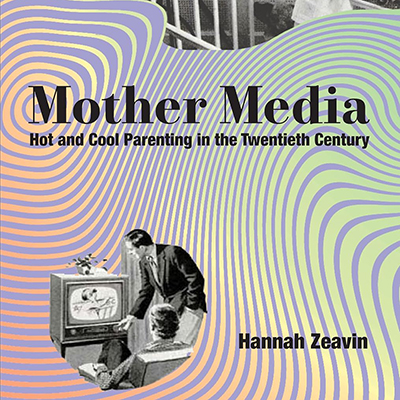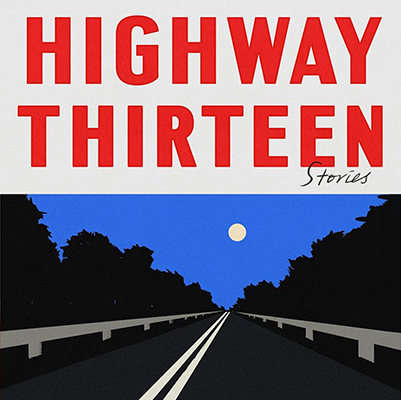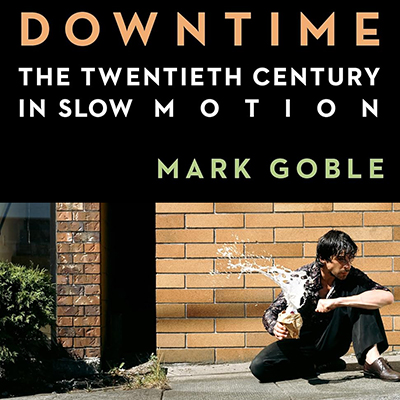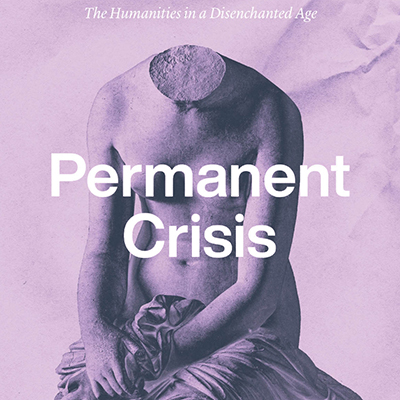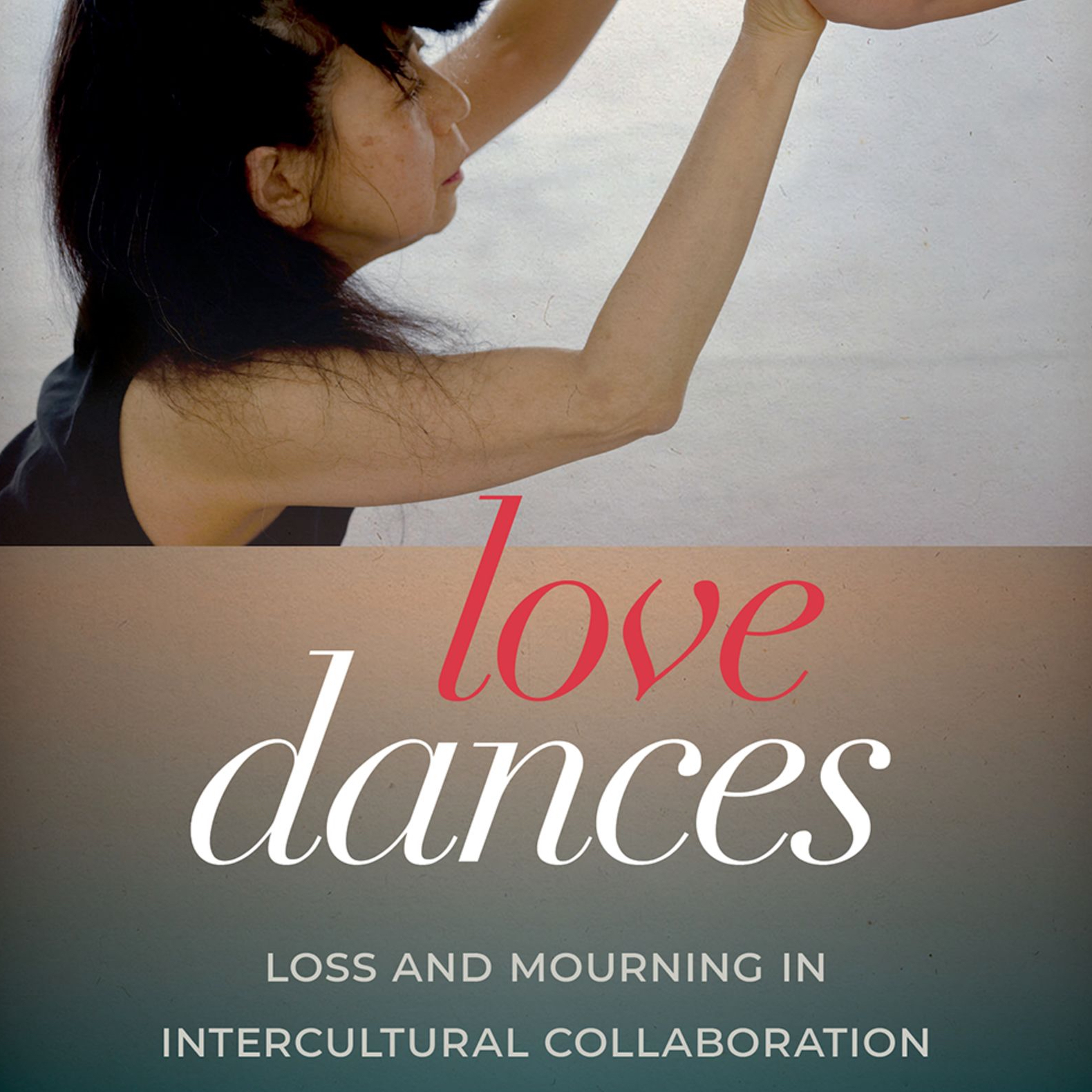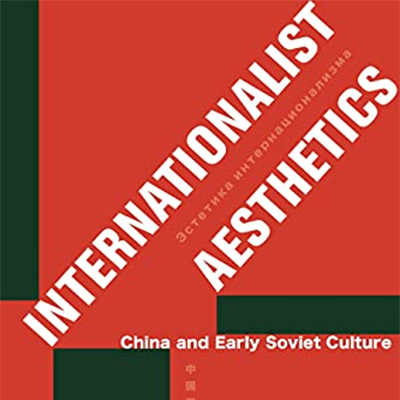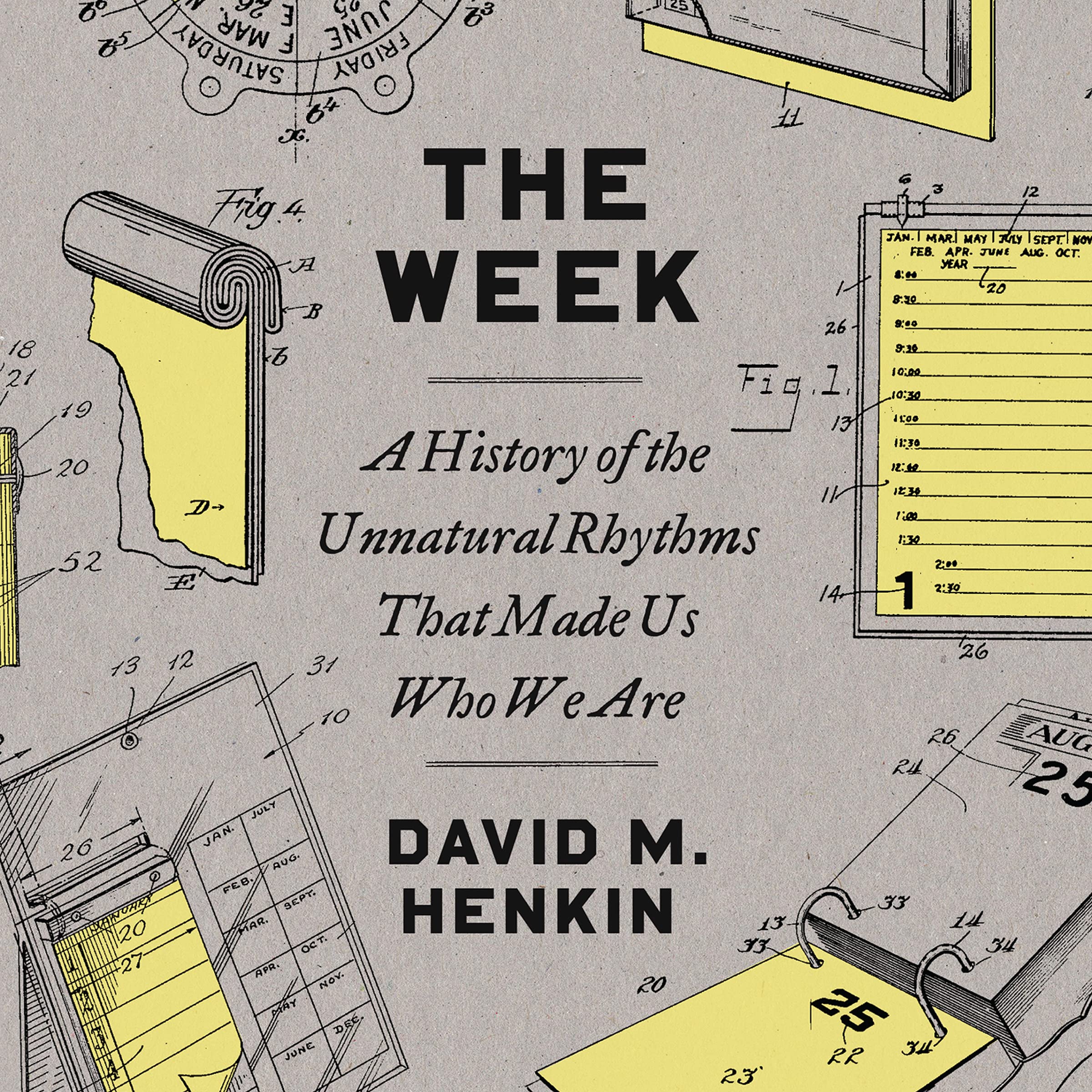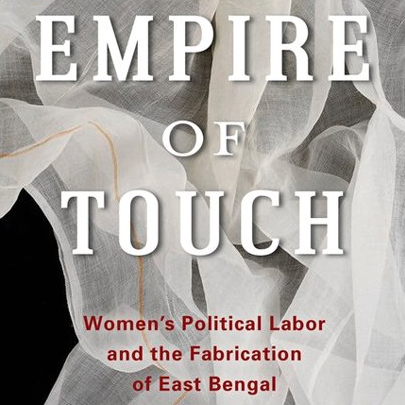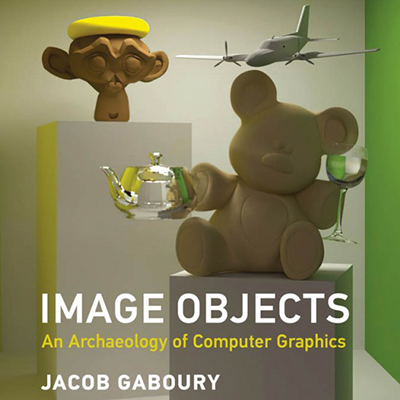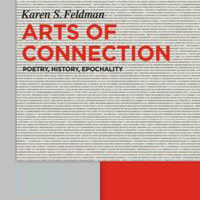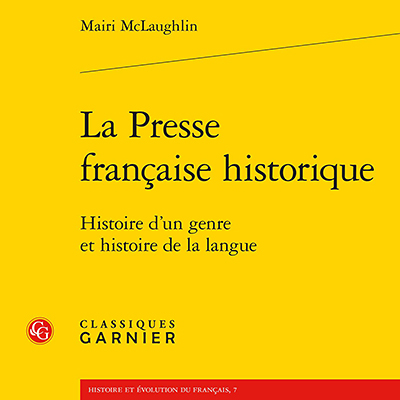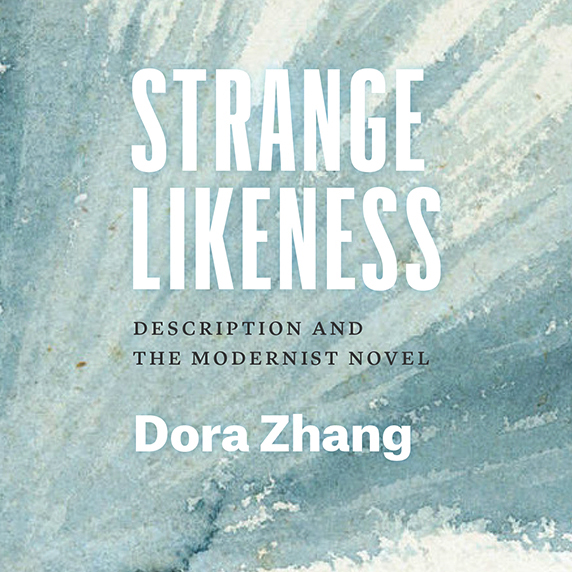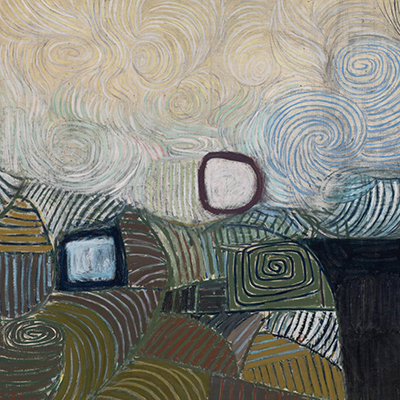The Townsend Center presents a lunchtime series celebrating the intellectual and artistic endeavors of the UC Berkeley faculty. Each Berkeley Book Chat features a faculty member engaged in conversation about a recently completed publication, performance, or recording. The series highlights the extraordinary breadth and depth of Berkeley’s academic community.
Hannah Zeavin tells the complicated story of American techno-parenting, for an object lesson in how using technology in our most intimate relationships became a moral flash point.
Fiona McFarlane's gripping collection of short stories explores the reverberations of a serial killer’s crimes in the lives of everyday people.
Mark Goble explores how slow motion in film and literature reveals a deep cultural fascination with the uneven speeds of modern life and our ability to comprehend them.
Concrete Encoded: Poetry, Design, and the Cybernetic Imaginary in Brazil
Nathaniel Wolfson shows how the concrete movement in art and poetry — which burst onto Brazil’s cultural stage in the 1950s, during a dizzying period of modernization — presciently grappled with an emerging information age.
In his exploration of plays named after objects, Mario Telò offers a new approach to the politics of familial and social relations in Roman comedy.
Past Events
Permanent Crisis: The Humanities in a Disenchanted Age
The humanities, underfunded and popularly devalued, seem to be in a perpetual state of crisis. Paul Reitter and Chad Wellmon show how the modern humanistic disciplines made crisis a core part of their project.
SanSan Kwan explores how dance — based in body-to-body interaction on the stage — serves as a revelatory site, and ultimately carries the potential to model everyday encounters across difference in the world.
Edward Tyerman explores the role of China in the 1920s as the key site for Soviet debates over how the political project of socialist internationalism should be expressed through literature, film, and theater.
The Week: A History of the Unnatural Rhythms That Made Us Who We Are
Approaching the seven-day week as an artificial construction of modern society, David Henkin explores its role as a dominant organizational principle that shapes our understanding and experience of time.
An Empire of Touch: Women's Political Labor and the Fabrication of East Bengal
Poulomi Saha offers an innovative account of women’s political labor in East Bengal over more than a century, one that suggests new ways of thinking about textiles and the gendered labors of their making.
Jacob Gaboury argues for the fundamental role of computer graphics as the force that transformed the computer from a calculating machine into an interactive medium.
Working at the intersection of literary theory, philosophy of history, and phenomenology, Karen Feldman explores the representation of connections between events in literary, historical, and philosophical narratives.
La Presse française historique: histoire d’un genre et histoire de la langue
In the first major study of the language of historical French newspapers and periodicals, Mairi McLaughlin sheds light on our understanding both of the history of French and of language variation and change. The conversation will be conducted in English.
Critics have largely neglected description as a feature of novelistic innovation during the 20th century. Dora Zhang argues that descriptive practices were in fact a crucial site of attention and experimentation for a number of modernist writers.
Exploring the literary, cultural, and political value of poetry in the twenty-first century, Eric Falci shows how poems matter, and what they offer to readers in the contemporary world.
